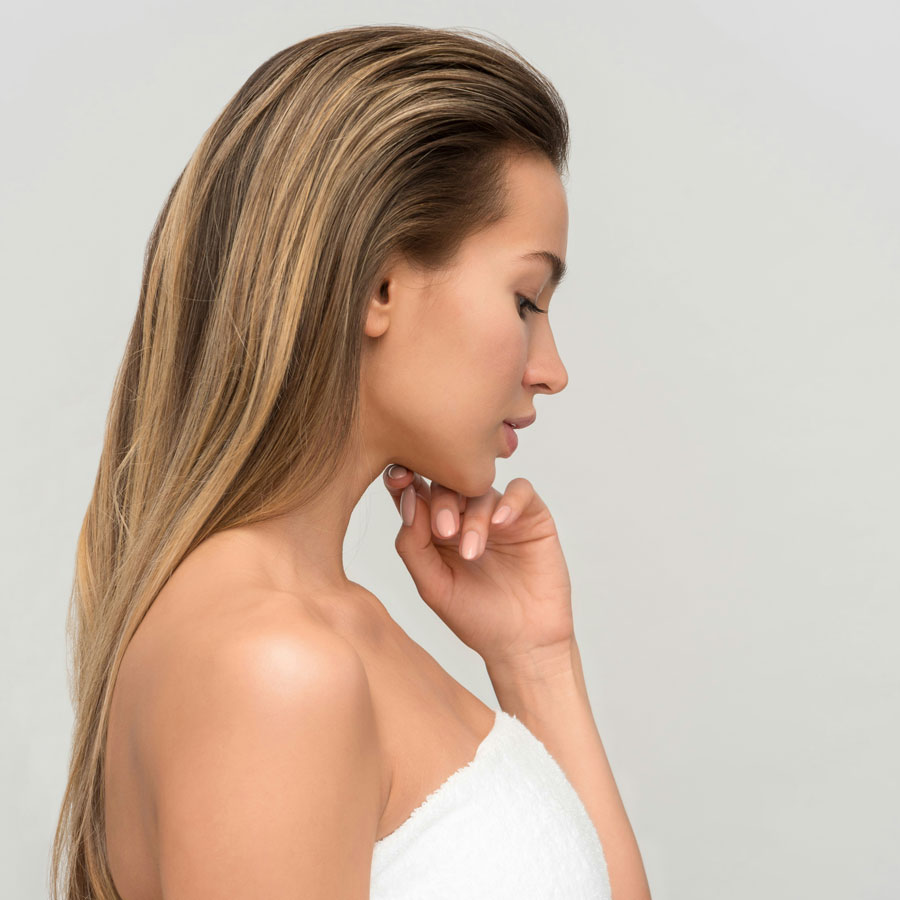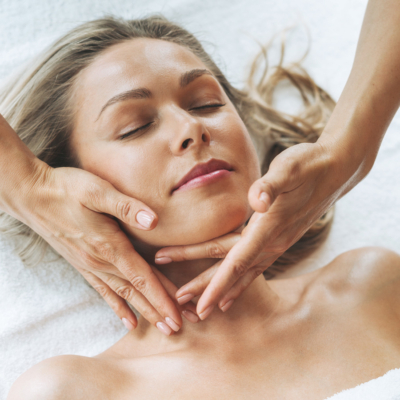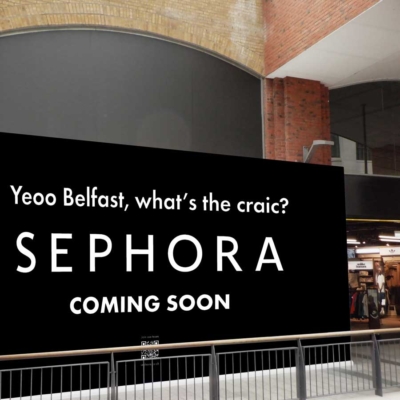As new regulations on retinol roll in, Elaine Maguire O’Connor answers all your queries concerning this ingredient…
Like many users of collagen boosting skincare, I was alarmed when news emerged that a new EU regulation would tighten restrictions on the use of retinol in over-the-counter cosmetics.
Retinol, the beauty industry’s gold standard in treating wrinkles and fighting fine lines, has become a staple of my beauty regime – that I might have to forgo its use was disappointing and worrying in equal measure. Disappointing because retinol has helped not only with keeping wrinkles at bay, but also fading pigmentation and shrinking my pores, and worrying because the restrictions stem from concerns about the potential skin irritations and harm that retinol can cause when used in high concentrations. Discussions with friends revealed similar unease and some wondered if they had been exposing themselves to unnecessary risks in their quest for better skin.
Retinol and its sister ingredient retinoids – both derivatives of vitamin A – have been used topically for skin conditions since as far back as the 1950s, when it was mostly prescribed for the treatment of acne. However, it wasn’t until the 1990s that its success in treating wrinkles and lines became more widely known when it was discovered that retinol stimulates the production of collagen and elastin, and cosmetics brands began to experiment with its use in serums and creams. In the decades since, as the desire for science-led skincare has grown, it has become one the most sought-after ingredients in beauty. It’s not difficult to see why – unlike countless other lotions and potions – retinol actually works.
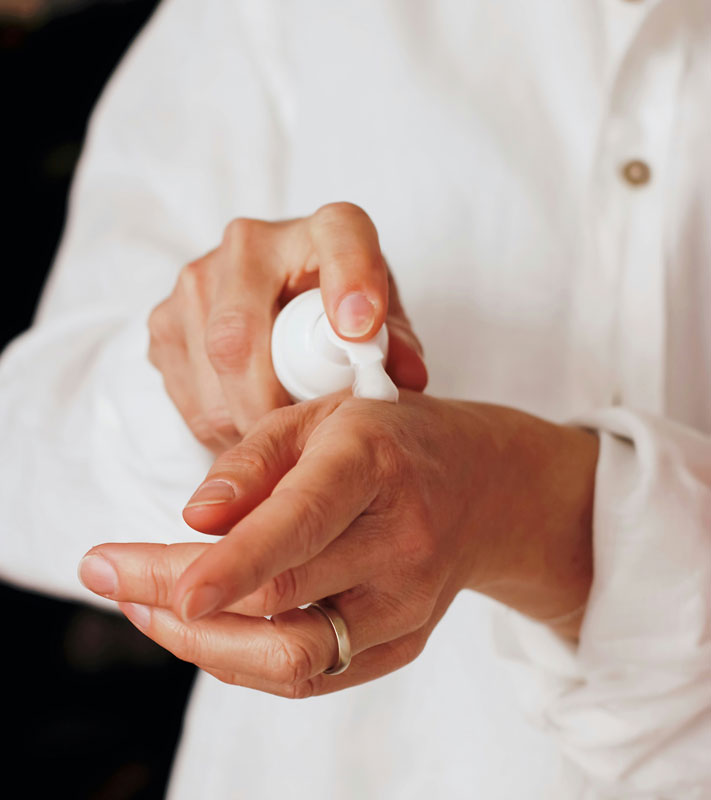
Currently, the maximum strength of retinol available without a prescription is 1% and many of the beauty industry’s most lauded skincare products are already at that threshold including No7 1% Retinol Night Concentrate as well as my personal go-to lotion, Paula’s Choice 1% Retinol Booster. Under the new regulations, the use of retinol, retinyl palmitate and retinyl acetate will only be permitted with a concentration of less than 0.3% in facial products and less than 0.05% in body lotions. In addition to the reduced concentration, products will also be required to display visible warning labels stating, ‘Contains vitamin A-related compounds, which contribute to your daily intake of vitamin A,’ something that may be off-putting for some users, for whom warning labels are more readily associated with products that are inherently dangerous, like cigarettes.
The global cosmetic retinol market size was valued at USD 22.54 million in 2022 and is slated to grow to over USD 35.88 million by 2031. So, how can a product that is recommended by doctors and beauty experts alike and with a market poised to increase by over 50% in the next seven years pose a danger to our health? Thankfully, I discovered, it doesn’t – or at least it shouldn’t – when used correctly. Most dermatologists that I speak to are baffled by the new regulations, and can’t understand why cosmetics have been targeted, as retinoids, when used topically, are extremely low risk.
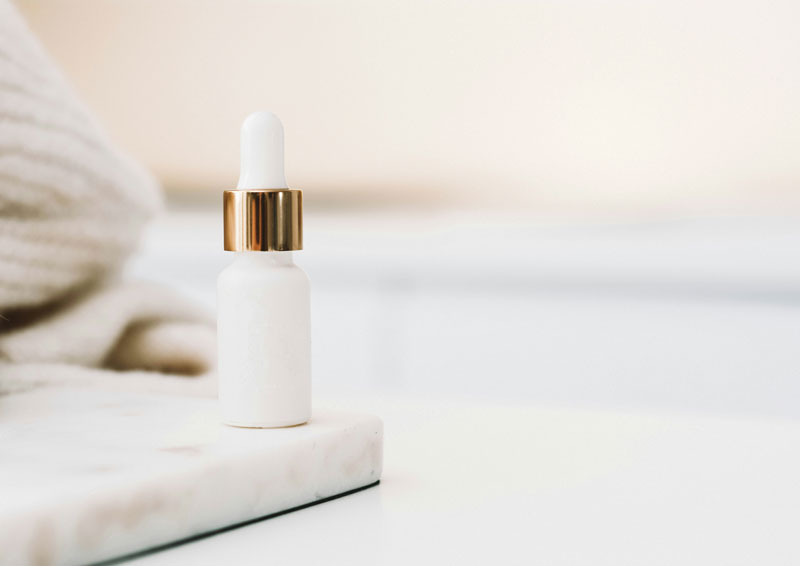
One of the reasons behind the incoming rules stems from concerns over users’ exposure to high levels of vitamin A, which could lead to headaches, liver damage and even weakened bones. A study carried out by the European Union’s Scientific Committee for Consumer Safety (SCCS) found that although the contribution of retinoids from cosmetics to overall vitamin A exposure was low, when combined with exposure to vitamin A from food and dietary supplements, there could be cause for concern. Professor Caitriona Ryan of the Institute of Dermatologists explains that the amount of vitamin A absorbed through the skin when using topical ointments and creams – even at 1% retinol – is negligible. She’s yet to hear of anyone having serious adverse reactions to vitamin A from using skincare products.
Interestingly, the new regulations don’t apply to supplements or food, meaning customers can still purchase and consume digestible vitamin A at much higher concentrations than would ever be absorbed using it topically on your face. Health food shops and chemists both sell supplements over the counter and without prescriptions. Why then, have only cosmetics been targeted?
Over exposure to vitamin A is not, apparently, the only negative associated with the retinoids. ‘Retinol burn’ as it’s commonly called, arises when your skin has an adverse reaction, resulting in redness and peeling which may be sore or itchy. This usually occurs when either overusing retinol or starting off using an intense formula that is too strong for your skin type. Skincare experts routinely recommend you start off using the lowest concentration available and slowly building up your tolerance. In the beginning, it should only be used two to three times a week maximum, so you have time to see how your skin reacts and adjust your use accordingly. It’s also important to be generous with your sunscreen application as skin will be more sensitive to the sun and UV rays.

Dr Magnus Lynch, a London-based consultant dermatologist and dermatological surgeon explains that retinol is pretty safe and that most people don’t have major issues although it can irritate the skin which, he explains, is likely another reason behind the introduction of the regulation. Like Professor Ryan, Dr Lynch says that vitamin A absorption is more of a theoretical concern since you would have to be using over the counter retinol in enormous quantities before it becomes dangerous, notwithstanding the risks associated with overall absorption via a combination of food, supplements and topical treatments. There are risks associated with its use for pregnant women, he notes, but for the vast majority of people, the dangers are minimal.
Having spoken with the experts, fears about my current retinol routine have been mostly alleviated. However, whatever the reasoning behind the EU’s restrictions, the fact remains that when the regulation does come in, many of us will need to find alternative skincare products. I’m relieved to discover that the restrictions won’t come in overnight but will be rolled out over 36 months, from the end of 2024. Brands will then have 18 months to cease production and 36 months to withdraw the product from the marketplace. And while there may be a strong temptation to stockpile a lifetime supply of our favourite products ahead of the rule’s implementation, it’s worth noting that retinol, like most cosmetics, has an expiry date. Ingredients typically break down after a period, even when unopened, so the chances are that it will essentially ‘go-off’ before you get to use it.
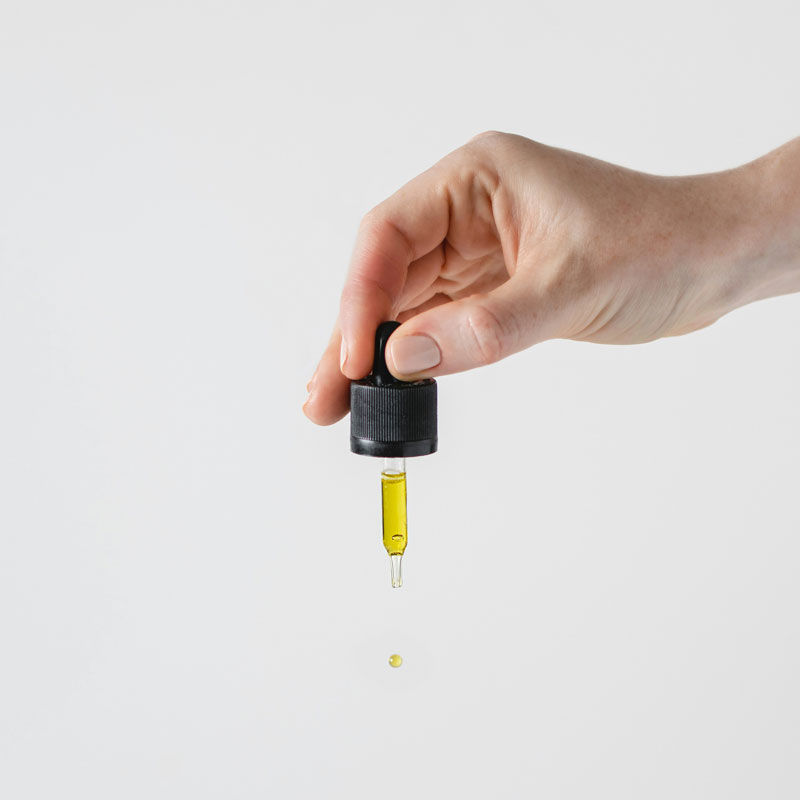
Seeking out higher grade retinoids online after the rules come into force is similarly unadvisable. Counterfeit medicines are becoming an increasing problem across the globe and can cause significant and life-threatening risks. Medicine and cosmetics sold through legitimate channels require rigorous testing and safety checks before being approved but products you find from online marketplaces may be counterfeits that do not go through the same process. As a result, you have no idea what ingredients are being added and how dangerous they might be. You’ll also have little recourse if there is a problem since sellers can disappear at the press of a button and it can be difficult or even impossible to track these people down.
Thankfully, there are still some avenues available for those who want to keep retinol in their routines. Prescription retinol or retinoids such as tretinoin – prescribed by qualified, registered dermatologists – will remain unaffected by the new rules. Professor Ryan suggests an alternative could be to obtain a prescription for the lowest concentration tretinoin and dilute it with moisturiser which could produce a similar affect to my 1% concentrated retinol product. Doctors will always talk their patients through any specific risks and dangers, which should further help mitigate any health-related concerns that users might have. For those who are more comfortable with over-the-counter products, there are still plenty of beauty bestsellers that will remain unaffected by the change in law as they already contain lower concentrations than the new thresholds.
Below are some of the beauty industry’s most highly rated products, which should remain available when the new rules roll out:
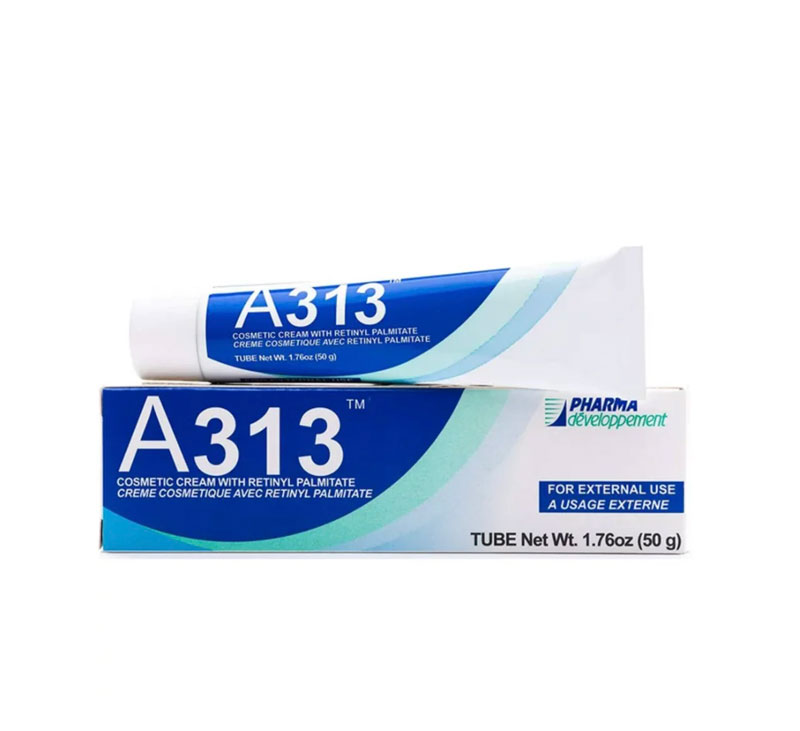
A313 Pommade: Widely touted as France’s ‘best kept beauty secret,’ this corrective cream promises to instantly plump fine lines. The corrective cream is formulated with 0.12% retinol esters, and thus falls under the new thresholds. Skin feels immediately softer upon application and users report visible signs of pore reduction after just a few weeks’ use.
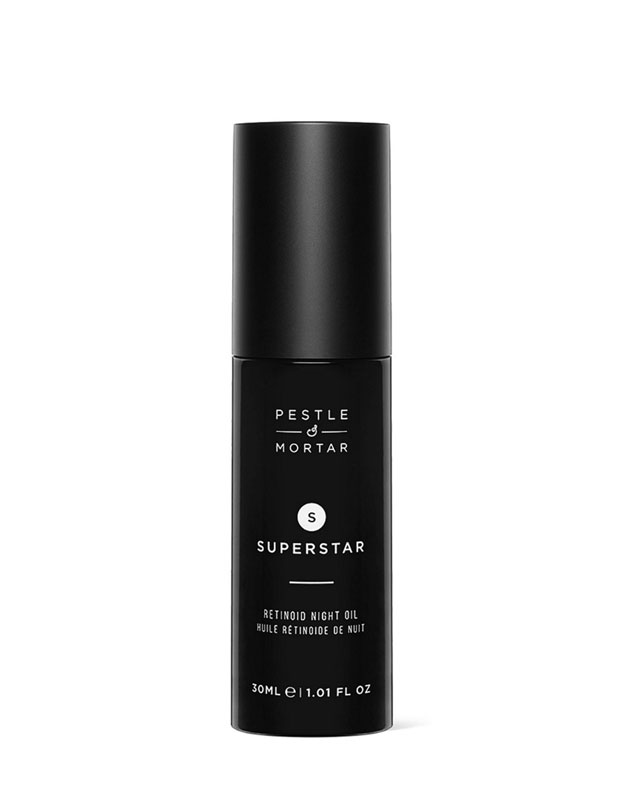
Pestle & Mortar Superstar Retinoid Night Oil is an ideal product for those with more sensitive skin. With a 0.2% concentrate of retinol, it is supported by a base of cold pressed grape seed oil, which is lightweight and nourishing on the skin. It contains black cumin oil, known for its antioxidants and inflammation reducing properties.
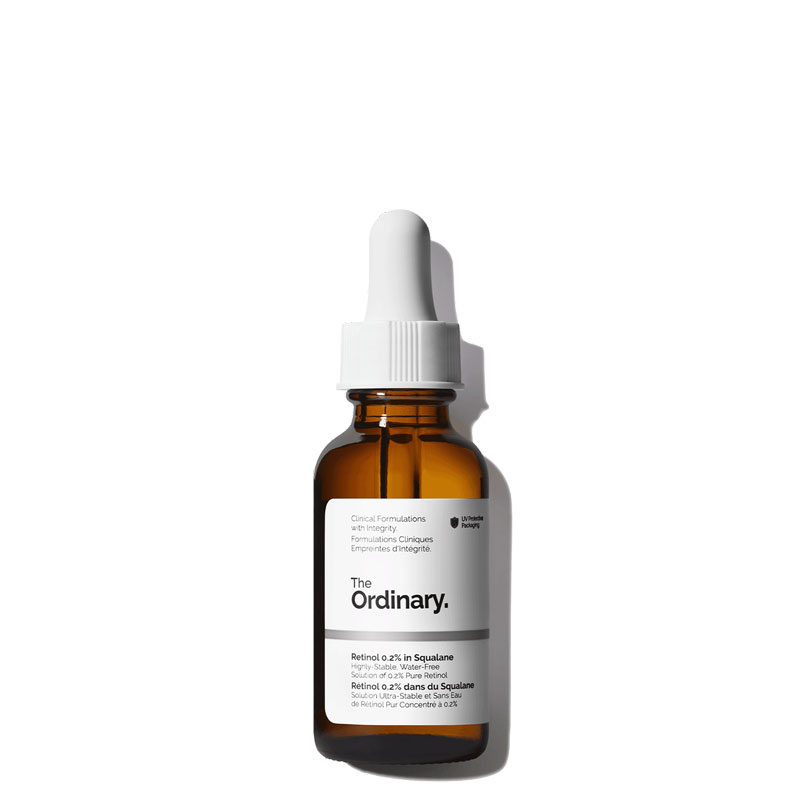
The Ordinary Retinol 0.2% in Squalane: For those seeking beauty on a budget, this option from no-frills skincare brand The Ordinary regularly receives rave reviews from influencers and beauty editors. The addition of squalene helps combat the dryness that can sometimes be associated with retinol use.
Ultimately, when it comes to retinol and retinoids, a little common sense goes a long way. When used correctly – building up usage slowly and discontinuing use if skin becomes irritated – most people will not encounter problems. And if you do have concerns, a visit to a dermatologist is always the most sensible option.





